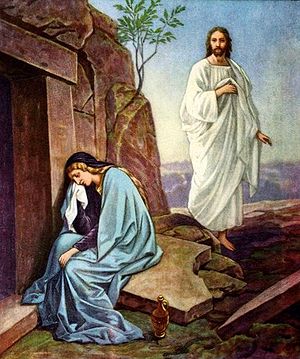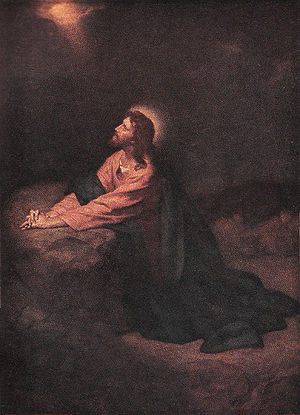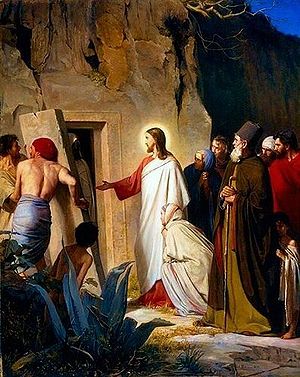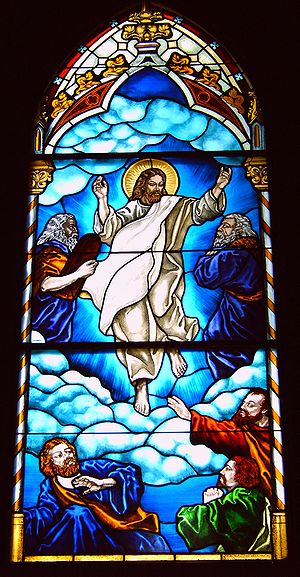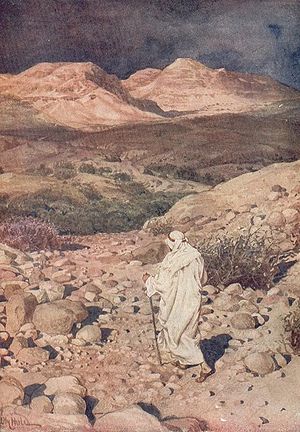The Gospel for May 1, 2011 is from John 20:19-31 where Jesus appears to His apostles after rising from the dead. Thomas, who was not there when Jesus appeared, did not believe the apostles’ claim since he had not seen Jesus personally. This Gospel teaches the meaning and value of faith and how we are often like doubting Thomas where we do not see the wonderful works of Jesus in our lives. Like the Second Luminous Mystery of the rosary, the Miracle at Cana, Jesus performs miracles all around us every day and yet we often overlook them.
When you pray the rosary think about spending some time thanking God for all He does for He performs both small and large miracles every day. At Cana, Jesus turned water into wine. But that seems almost trivial when you consider the miracle of your life. Just the fact that you are alive is miracle enough. After all, you came from nothingness, started life as a little group of cells, and are now a moving, breathing human being with the ability to spread so much joy and happiness in others’ lives. Throw on top of that the friends and family God placed in your life. If you are married, think about the fact that out of the billions of the people in the world and the centuries of human existence God placed you and your spouse together at this specific place and time. Think about all the skills you posses whether they be physical or mental. We should remember to thank God for even the small miracles of a sunny day or a comfortable bed to sleep in at night.
Despite all the miracles around us we act like Thomas in John’s Gospel. Thomas needed to personally experience that BIG MIRACLE to believe in Christ’s resurrection. He would not take others’ word for it. We too often look only for only that big miracle in our life to truly believe and love Jesus. We want the booming voice from the sky to speak to us. We want to see a hand reach down from the clouds to prevent an almost certain disaster. We want our prayers to win the lottery answered. Unfortunately, we are often so blinded looking for that big miracle that we overlook all those other miracles that show God’s presence in our lives. Like Thomas not believing the word of the other apostles, we often ignore or do not believe the teachings of the Catholic Church. The message of the Gospel and the Second Luminous Mystery is to have faith and rejoice in EVERYTHING God does for us and not be disappointed because He does not perform a specific, big miracle.
Related articles
- Passage of the day: John 20:29-31 (standingatthedoor.wordpress.com)
- John 20:19-31 – So That We May Believe Jesus Was The Messiah (jwhester.wordpress.com)
- 5/1/2011 Peace Be with You (richbrownforewords.wordpress.com)
- Believing and Trusting God – Even When He’s “Late” (chaplainjcraigcombs.wordpress.com)
- The Second Sunday of Easter: Year A – May 1, 2011 (prayerbookguide.wordpress.com)



